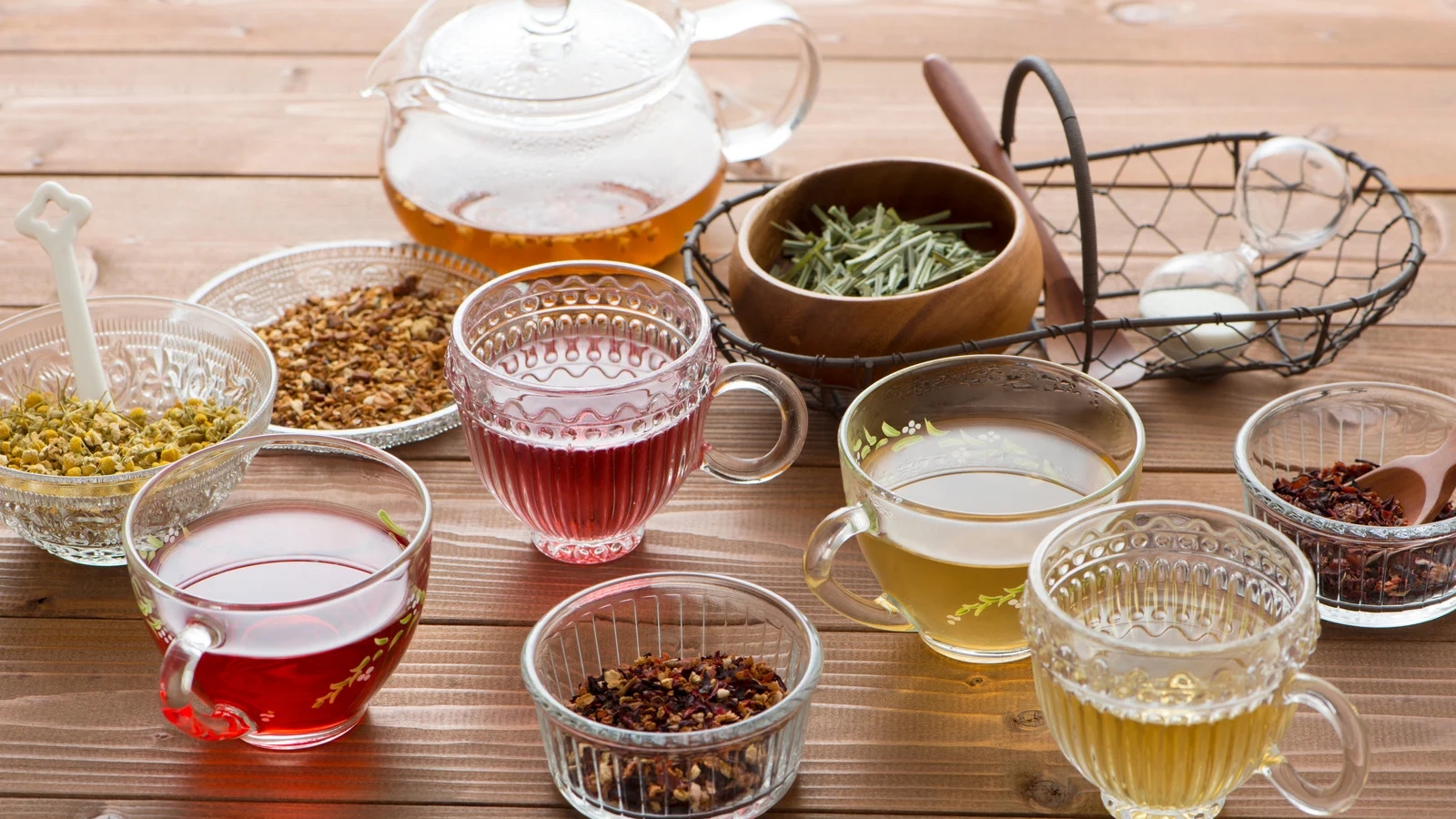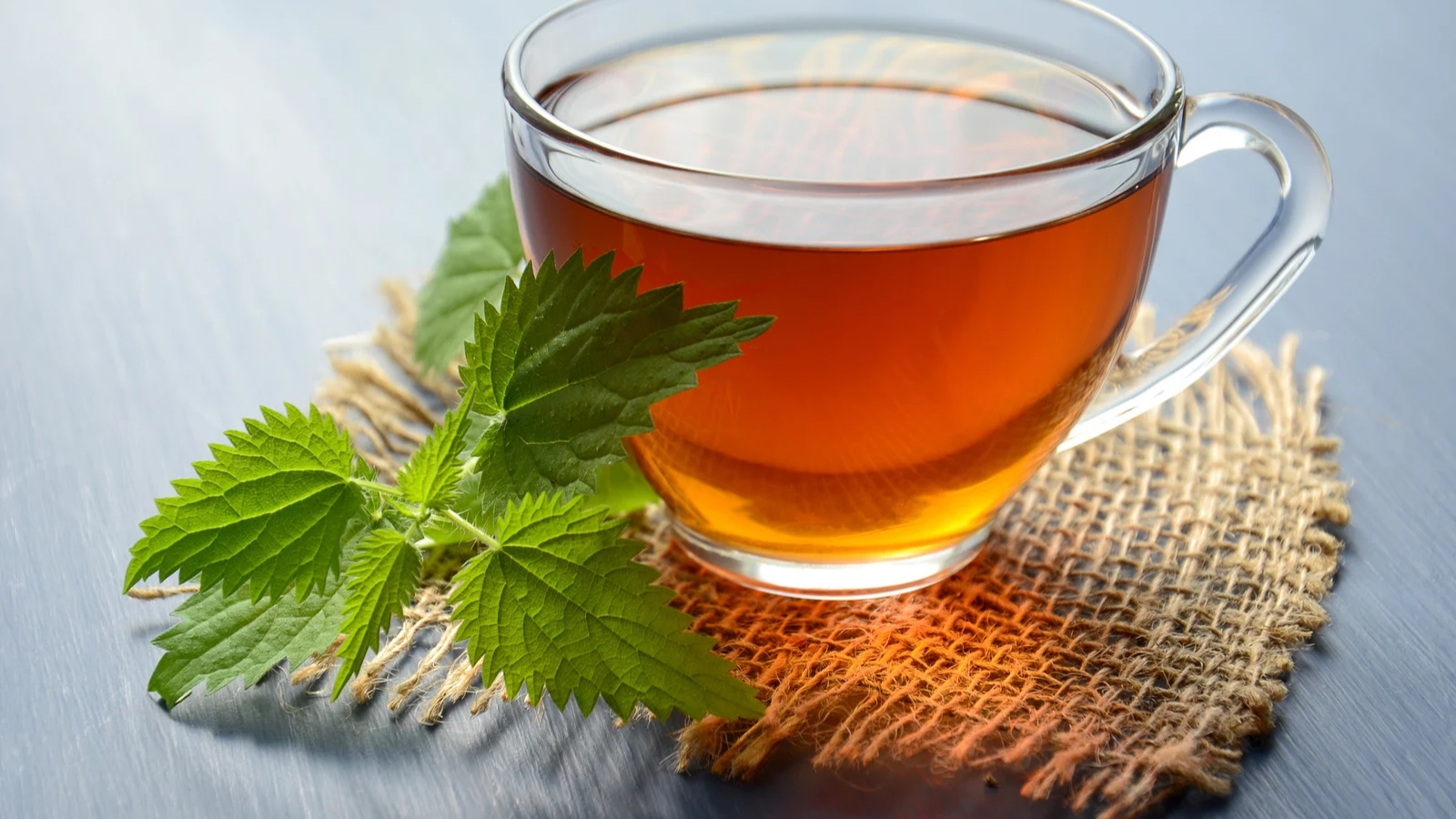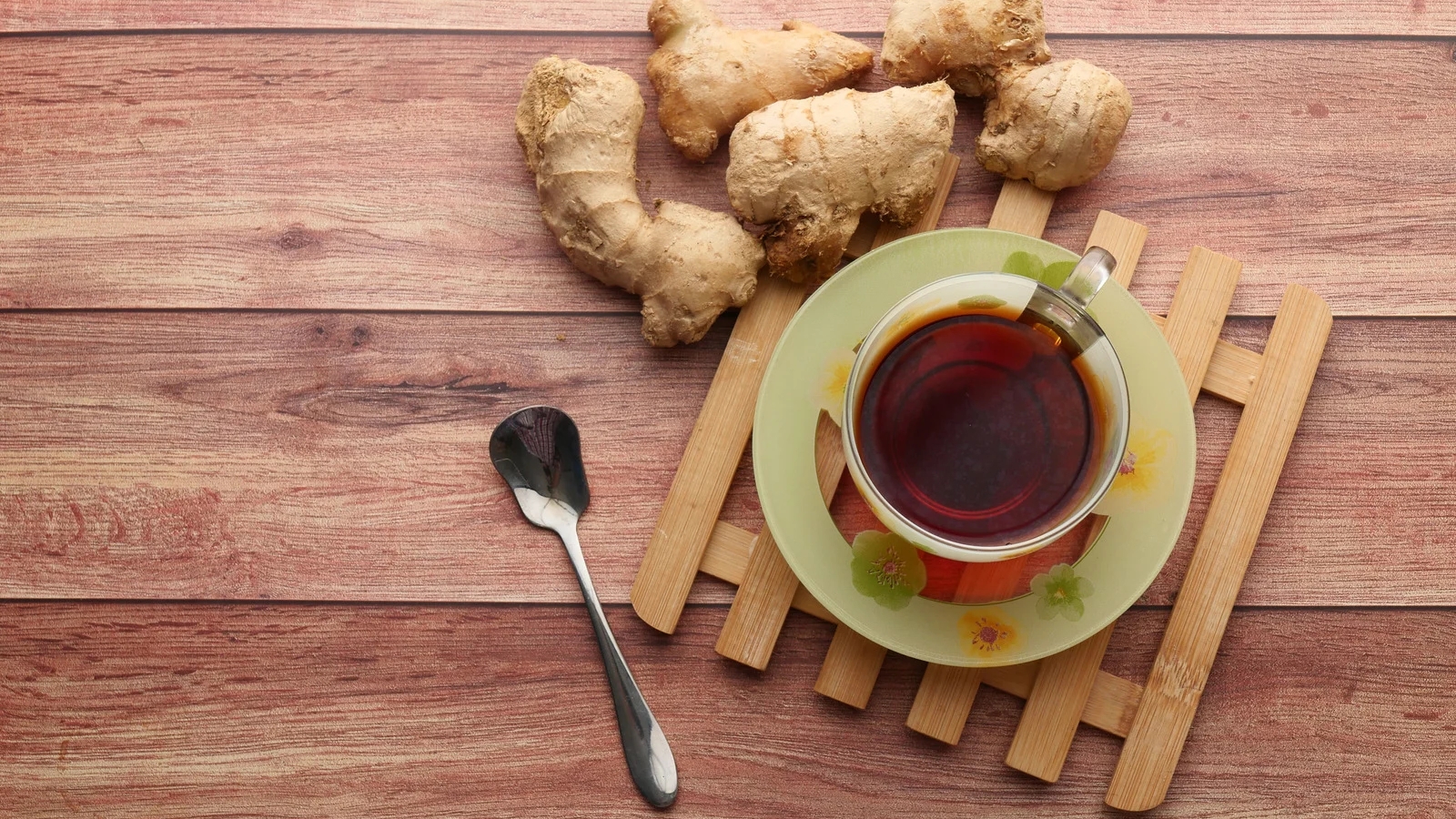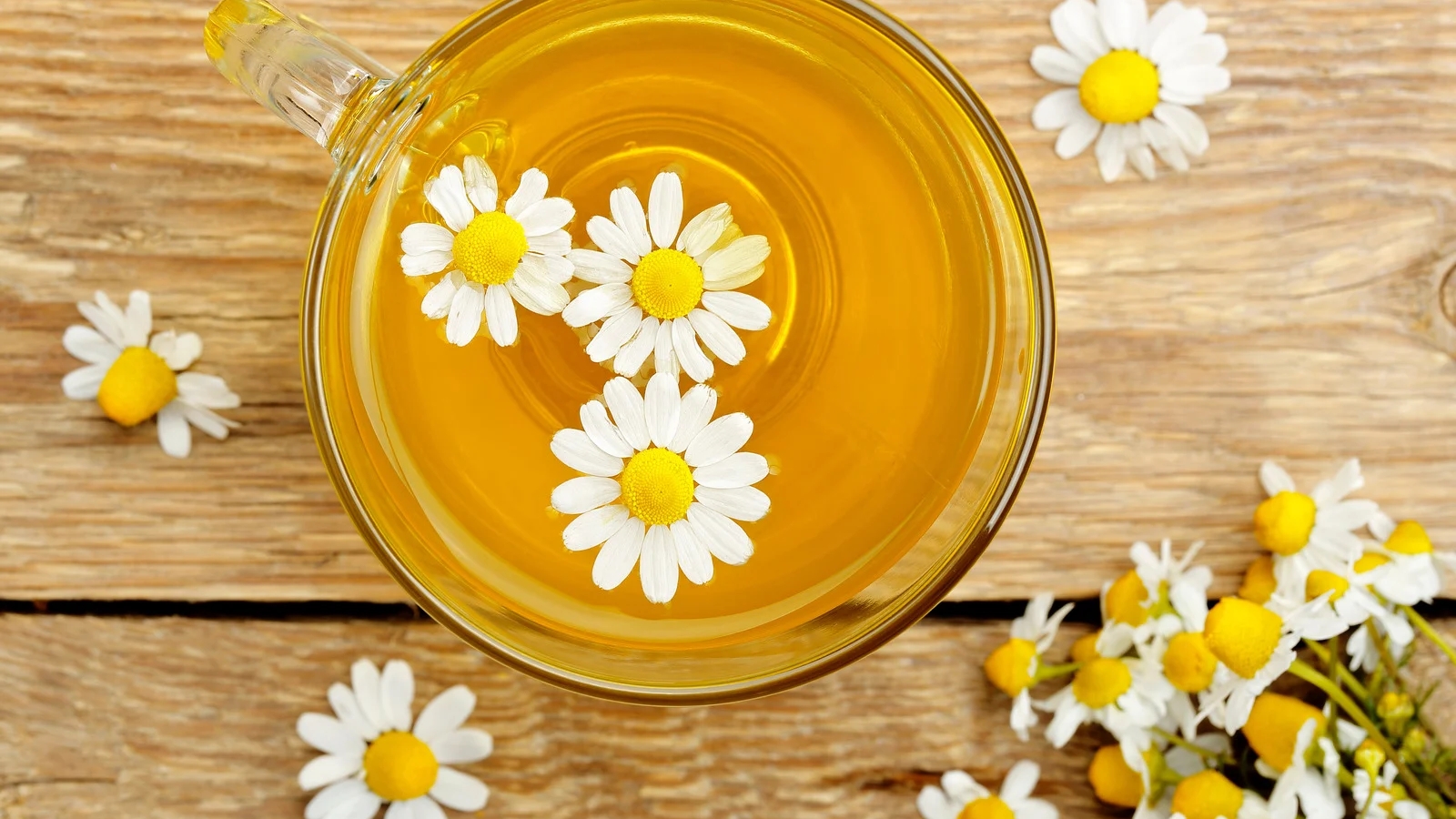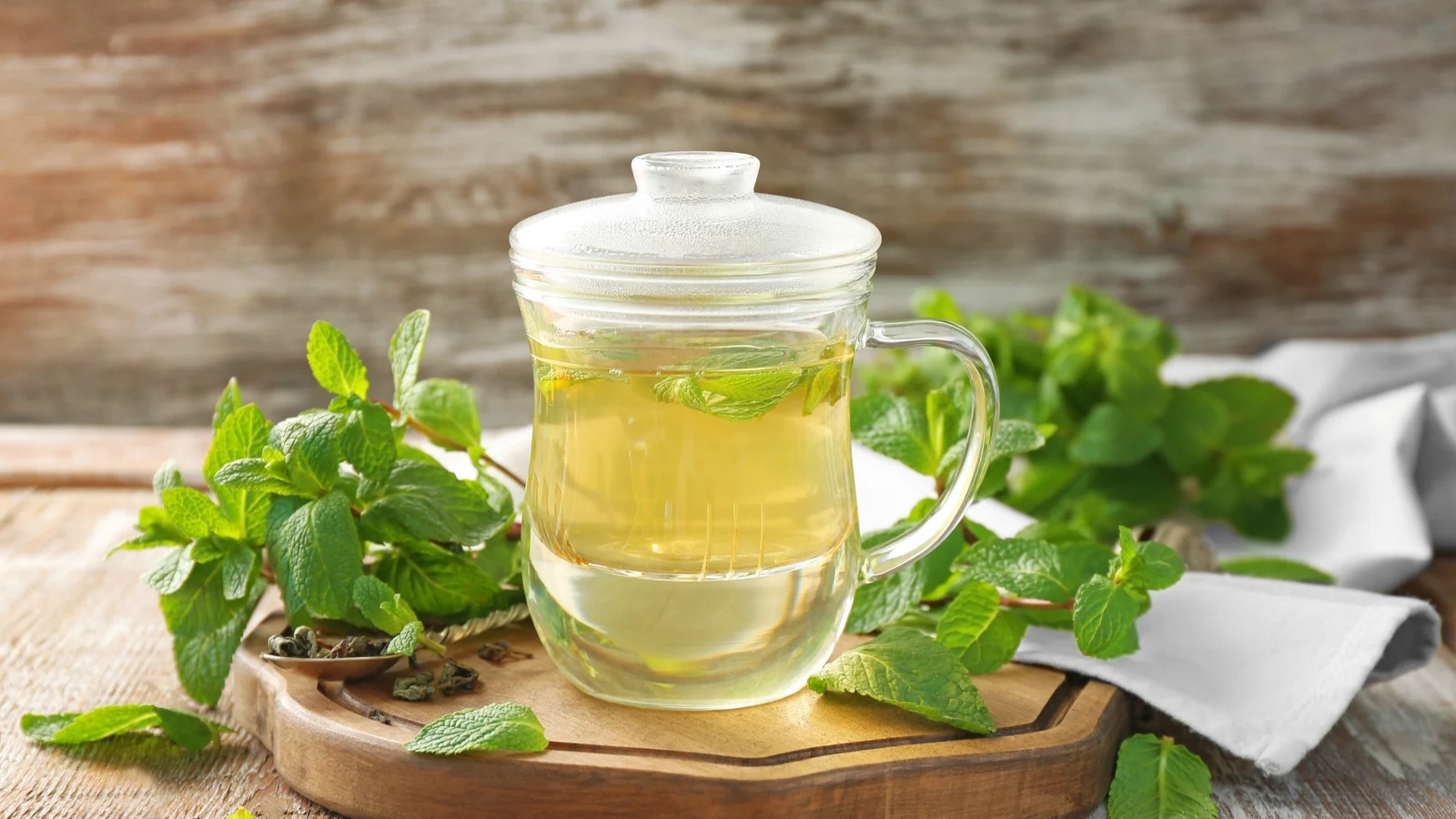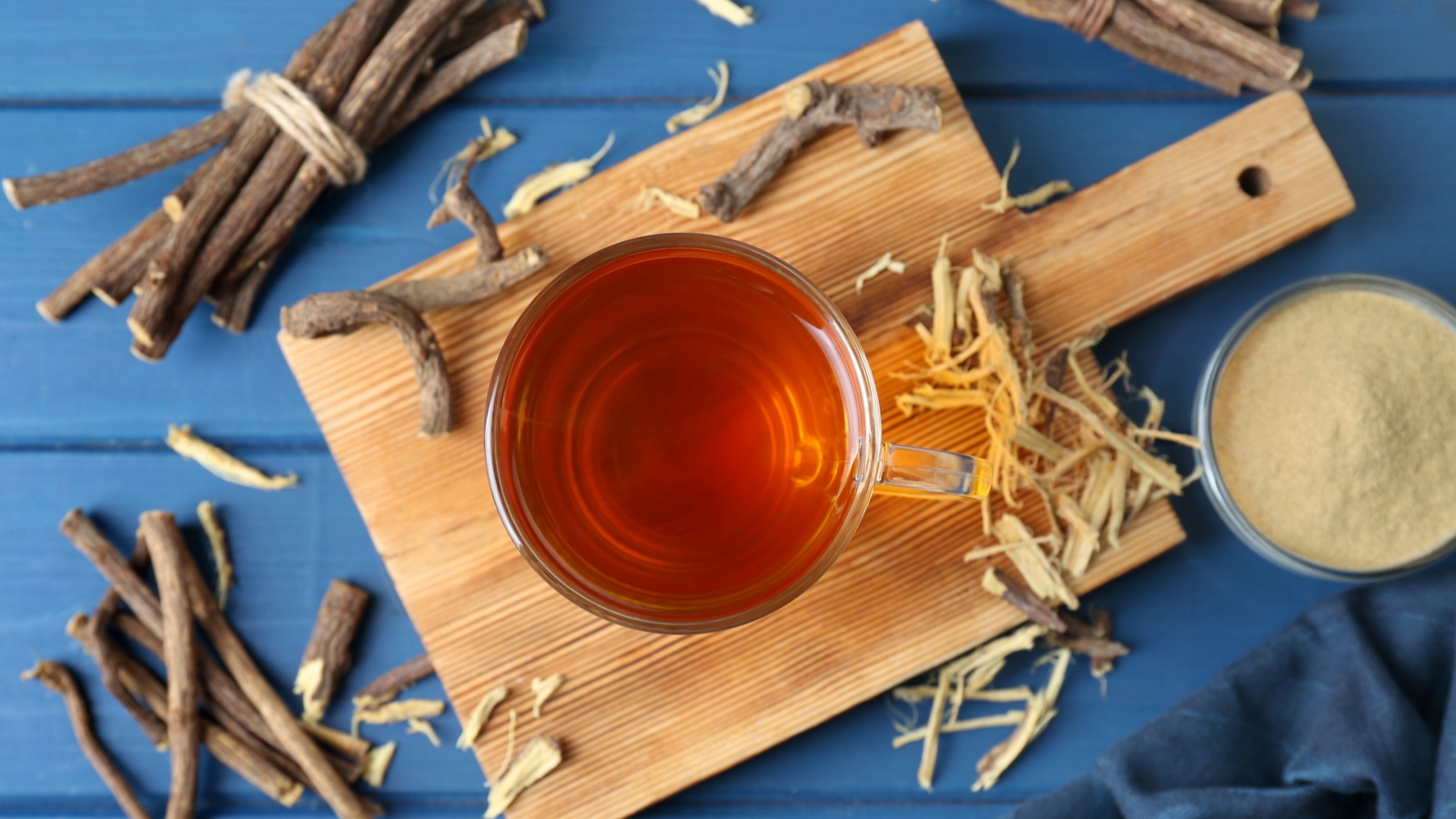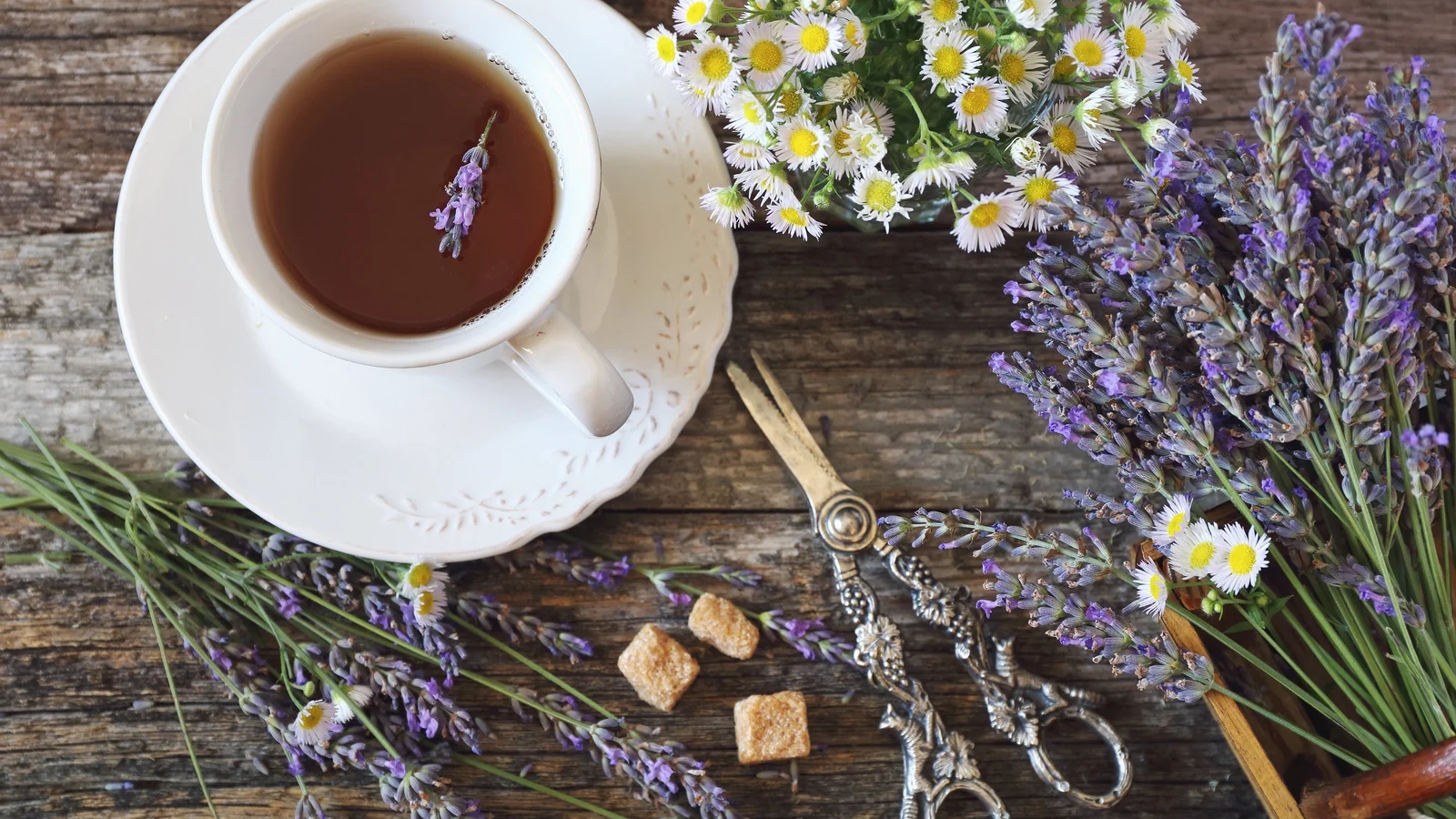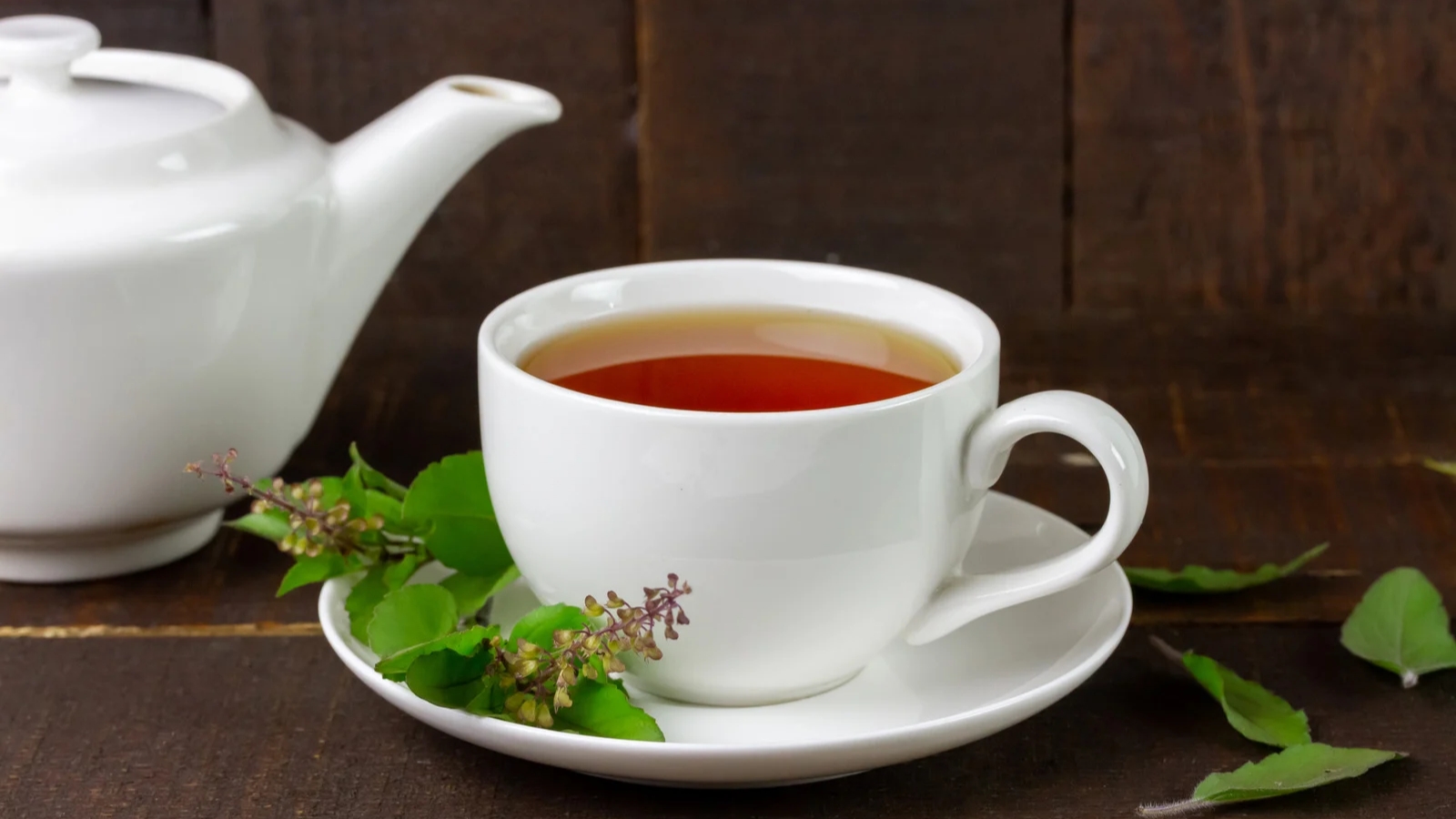Herbal teas have been used for generations to support digestion and encourage relaxation. Whether you’re feeling bloated after a meal or winding down after a long day, certain herbs can help calm your digestive system and promote a sense of calm. These teas are simple to make at home, using ingredients you may already have in your kitchen or garden.
This article will guide you through a variety of easy DIY herbal teas for digestion and relaxation. You’ll learn how to prepare each one, what ingredients to use, and the best time to drink them. All recipes are caffeine-free and beginner-friendly, making them perfect for daily use.
Benefits Of Herbal Teas For Digestion And Relaxation
Herbal teas can support your digestive health by easing symptoms like gas, bloating, and indigestion. Some herbs stimulate digestive enzymes, while others soothe the stomach lining. Drinking these teas after meals may help your body break down food more efficiently.
They can also have a calming effect on your nervous system. Certain herbs support relaxation by lowering stress levels and encouraging sleep. These benefits make herbal teas useful for both physical and mental comfort.
You can combine herbs for dual benefits. For example, a tea with chamomile and peppermint can calm your mind and soothe your stomach at the same time.
Peppermint Tea For Bloating And Gas
Peppermint tea is one of the most common herbal teas for digestion. It helps relax the muscles in your digestive tract, which can reduce bloating and gas. It may also relieve stomach cramps caused by indigestion.
To make peppermint tea:
- Boil 1 cup of water
- Add one tablespoon of dried peppermint leaves or a handful of fresh ones
- Steep for 5 to 7 minutes
- Strain and drink warm
Drink this tea after meals or whenever you feel bloated. Avoid it if you have acid reflux, as peppermint can worsen those symptoms.
Ginger Tea To Support Digestion
Ginger tea stimulates digestive enzymes and improves stomach emptying. It can help with nausea, stomach cramps, and general discomfort after eating. The warmth of ginger also promotes blood flow to the digestive organs.
To prepare ginger tea:
- Slice 1 to 2 inches of fresh ginger root
- Add it to 1½ cups of boiling water
- Simmer for 10 minutes
- Strain and drink warm
For extra flavor and added benefits, you can add lemon or a small amount of raw honey. This tea is best consumed after meals or in the morning to wake up your system.
Chamomile Tea For Relaxation And Sleep
Chamomile tea is widely known for its calming properties. It may reduce anxiety and help you fall asleep more easily. It also supports digestion by relaxing the muscles in the gastrointestinal tract.
Here’s how to make it:
- Use one tablespoon of dried chamomile flowers or one chamomile tea bag
- Add to 1 cup of hot water
- Steep for 5 to 7 minutes
- Strain and enjoy warm
Drink chamomile tea about 30 minutes before bed. It’s a good way to prepare your body for rest while settling your stomach at the same time.
Fennel Tea To Relieve Indigestion
Fennel seeds are often used after meals to relieve indigestion, gas, and mild cramping. They have a slightly sweet flavor and work well in tea form. Fennel can also reduce bloating and support regular bowel movements.
To make fennel tea:
- Crush 1 to 2 teaspoons of fennel seeds
- Add to 1 cup of boiling water
- Let steep for 10 minutes
- Strain and drink warm
You can drink this tea up to three times a day after meals. Fennel is safe for most people and has a gentle effect on the body.
Lemon Balm Tea To Reduce Stress
Lemon is a calming herb in the mint family. It helps lower stress levels and may improve sleep quality. It can also ease mild digestive discomfort, making it a good dual-purpose tea.
To prepare lemon balm tea:
- Use one tablespoon of dried lemon balm or a handful of fresh leaves
- Pour 1 cup of boiling water over the leaves
- Steep for 5 to 10 minutes
- Strain and drink warm
This tea is best in the evening or during times of high stress. It pairs well with chamomile for stronger relaxation support.
Licorice Root Tea To Soothe The Stomach
Licorice root is used to reduce inflammation and protect the lining of the stomach. It may help with acid reflux, indigestion, and mild heartburn. Use it in moderation, as large amounts can affect blood pressure.
To make licorice tea:
- Add one teaspoon of dried licorice root to 1½ cups of water
- Simmer for 10 minutes
- Strain before drinking
Drink this tea after meals or once daily. Avoid it if you have high blood pressure or take certain medications.
Lavender Tea To Calm The Mind
Lavender isn’t just for aromatherapy. It also makes a calming tea that can ease tension and support sleep. Lavender tea may help alleviate headaches, nervousness, and mild digestive issues.
To make lavender tea:
- Use one teaspoon of dried lavender flowers
- Steep in 1 cup of hot water for 5 minutes
- Strain and sip slowly
This tea has a strong floral flavor, so you may want to blend it with chamomile or lemon balm. It’s best used at night or during quiet moments.
Holy Basil (Tulsi) Tea For Balance
Holy basil, or tulsi, is considered a balancing herb. It supports the stress response, immune health, and digestion. Drinking tulsi tea can help your body stay steady during physical or emotional stress.
Here’s how to make it:
- Add one tablespoon of dried tulsi to 1 cup of hot water
- Steep for 5 to 7 minutes
- Strain and enjoy warm or cold
Tulsi can be used daily. It has an earthy flavor and works well on its own or blended with other calming herbs.
How To Blend Herbs For Better Results
Combining herbs can offer better results than using just one. You can address multiple concerns in one cup by mixing ingredients based on your needs.
Examples of effective blends:
- Peppermint and chamomile for digestion and sleep
- Ginger and lemon balm for stomach discomfort and stress
- Fennel and licorice for indigestion and inflammation
- Lavender and Tulsi for relaxation and mental clarity
When creating a blend:
- Stick to 2 to 3 herbs per tea
- Use one teaspoon of each herb per cup
- Steep for 7 to 10 minutes
- Taste and adjust the ratio if needed
Start with small amounts to see how your body responds. You can store blends in jars for easy use.
When To Drink Herbal Teas
Timing can improve the effects of herbal teas. Some teas work better on an empty stomach, while others are best after meals.
Here’s a simple guide:
- Morning: Ginger or tulsi to energize and support digestion
- After meals: Peppermint, fennel, or licorice to ease bloating
- Evening: Chamomile, lemon balm, or lavender for relaxation
Listen to your body and adjust as needed. Avoid drinking large amounts right before bed to prevent waking up at night.
Conclusion
Herbal teas are an easy way to support digestion and relaxation using natural ingredients. With simple recipes and minimal prep, they fit into any routine. You can make each tea fresh or prepare blends in advance for convenience.
Start with one or two herbs based on your goals and experiment from there. Over time, you’ll find the combinations and timing that work best for your body and lifestyle.

